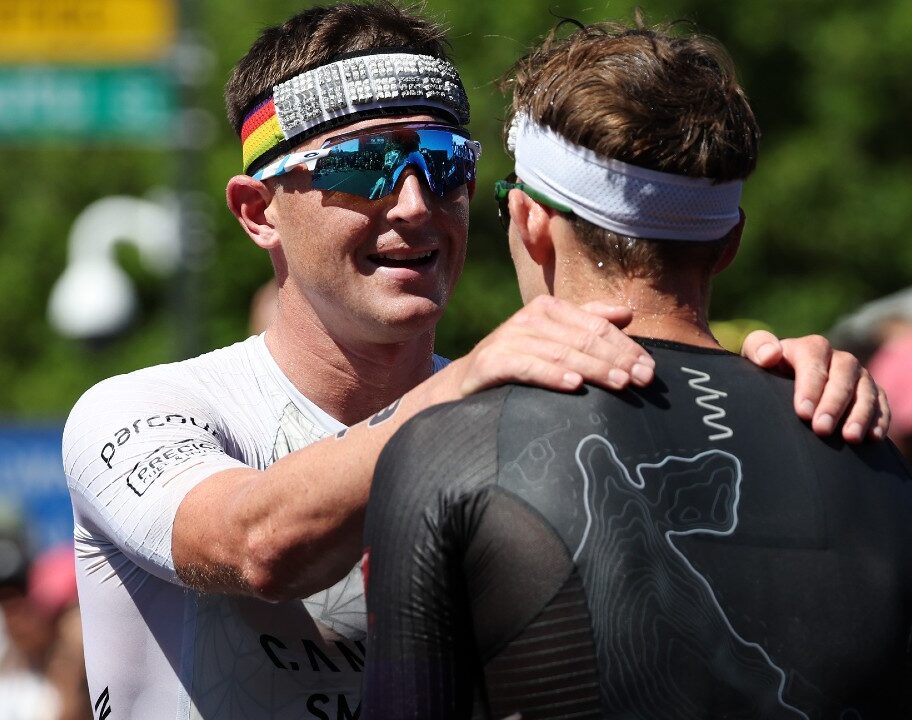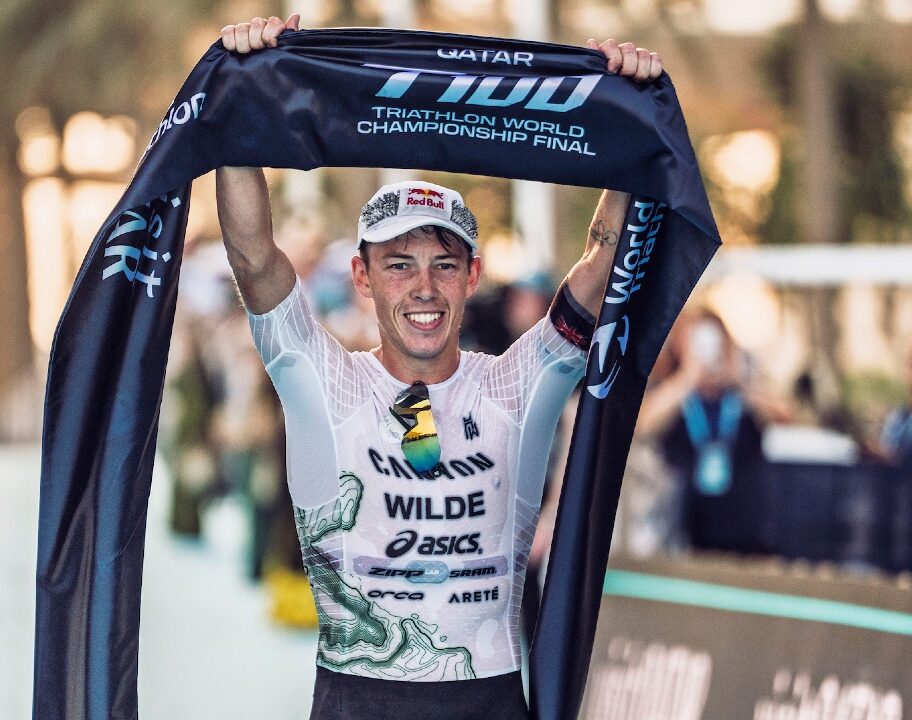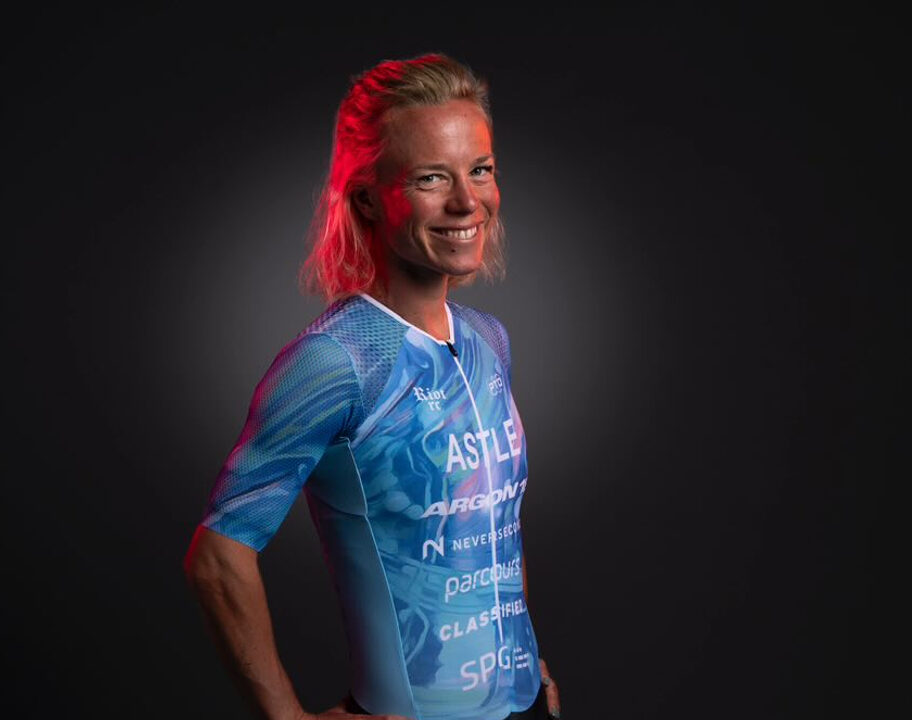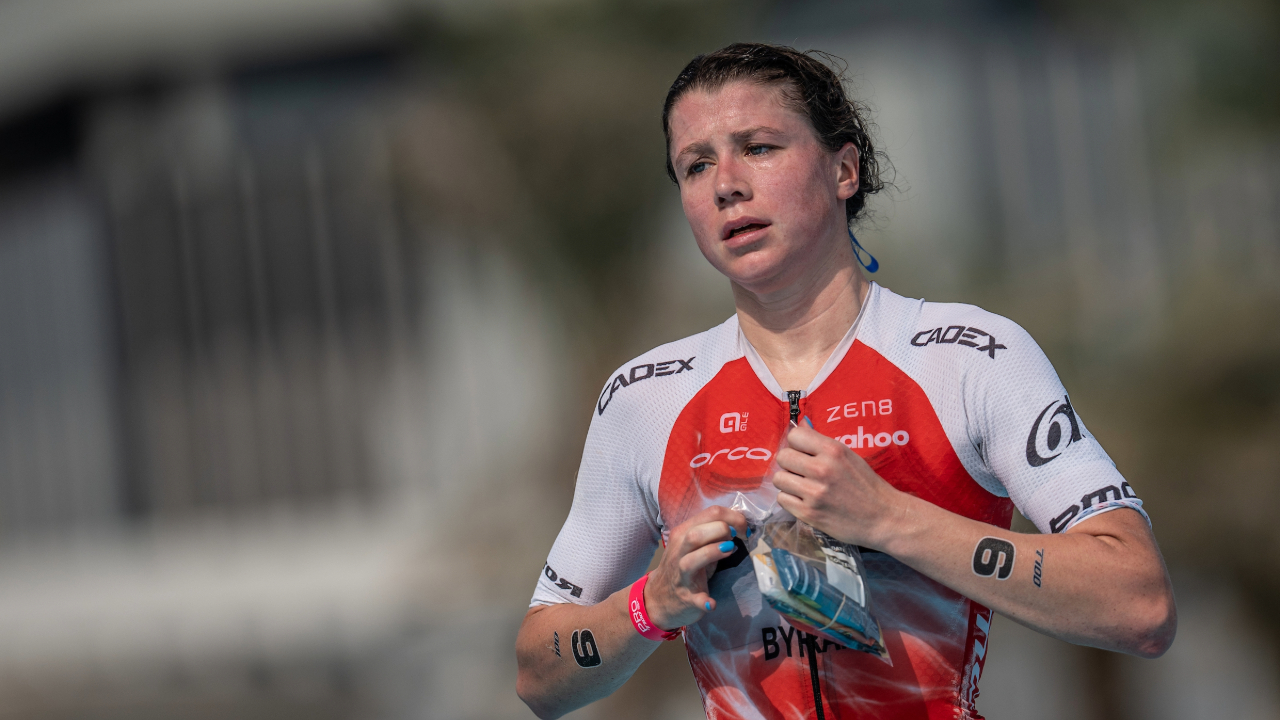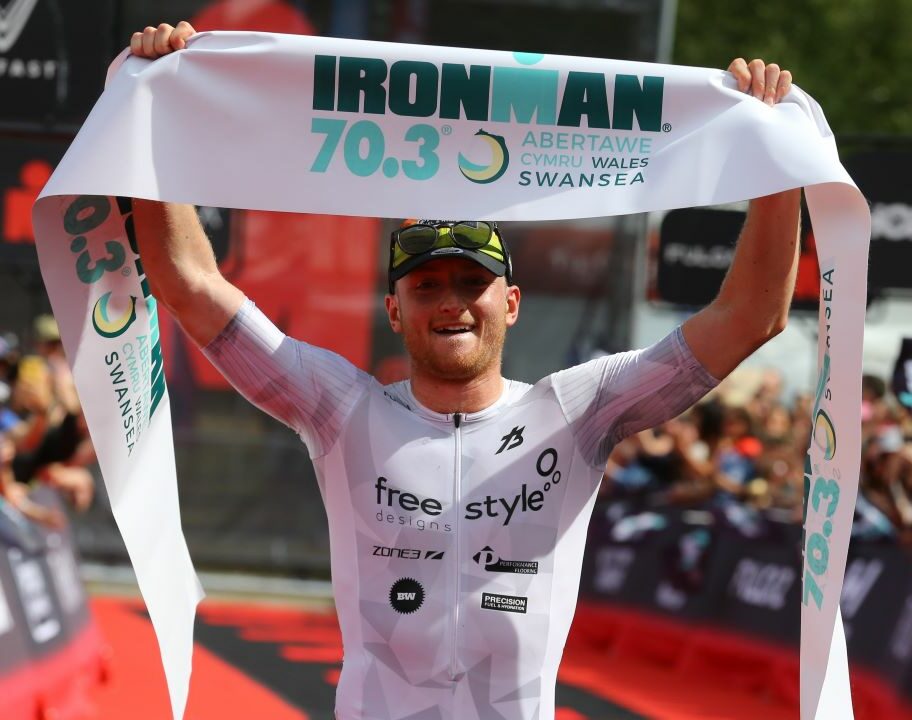Just over a week ago in St George, the first IRONMAN World Championship for almost three years crowned two superb champions in Daniela Ryf and Kristian Blummenfelt.
Both fields were stacked, but equally there were a host of big names missing too – for a variety of reasons.
On the women’s side two of the big favourites were ruled out – reigning 70.3 World Champion Lucy Charles-Barclay and Laura Philipp, who was ranked #1 in the PTO standings at the time.
Injury and Covid respectively sidelined that duo while on the men’s side reigning champ Jan Frodeno and former dual winner Patrick Lange lost out through injury while coronavirus accounted for Javier Gomez and Joe Skipper.
And then on the eve of the race illness meant neither Gustav Iden nor Alistair Brownlee were able to make the startline.
In what’s an unprecedented season featuring two IRONMAN World Championships, Sub7Sub8 for four athletes, the new PTO Tour races and Collins Cup, six-time Kona hero Mark Allen has taken the opportunity to stress the importance of managing resources as carefully as possible over the coming months.
Seeing the bigger picture
Speaking on his ‘Mondays with Mark’ YouTube series and reflecting on St George, he said: “This is kind of a different one. This one is a message to all of the pro triathletes out there.
“You guys have an amazing opportunity in front of you now this year, and probably goinh on into the future.
“There are a lot of races on the horizon, a lot of prize money to be earned, and the potential to make your mark in the sport and add to your list of accomplishments. At the same time, it’s taxing, it’s a price on your body.”
His advice is to focus on the long-term, rather than just the season in isolation. He explained: “I say these things because I care about you all, I care about what you are doing…. I understand that the opportunities available right now are not to be missed out on, you have to go for it.
“But at the same time, you have to limit the quantity. That thing called your body, you only get one of those in a lifetime, you have got to take care of it for this short period of time your are racing – it’s not your entire life.
“This sport will not set you up for life, and you may have to pay the price through your body. Yes, you can make prize money. Yes, you can achieve great accomplishments. Yes, you can inspire others by what you do. All I am saying is, be smart.”
Keep it balanced
Looking back on his own stellar career, he admits he didn’t always get it right, adding: “I don’t have all the answers. I certainly pushed it beyond the point where I did things that weren’t healthy, but at the same time, I tried to rein it in and to keep a big-picture look at things.
“And so, the overriding mantra for me when I was competing was I wanted to retire uninjured. Not burned out, healthy.
“That’s a big ask, I understand it because when you’re going for peak performance, the closer you are to maximising your genetics, the closer you are to going over that edge where you are injured, where you are burned out, where you do get sick, where you’re not healthy.
“This is a great period in your life. It is the only period in your life where you will be able to be one of the best in the world. Maximise it. Optimise it. Enjoy it. Embrace it. Go for it.
“But at the same time, look ahead – 20, 30, 40, 50, maybe even 60 years. You have one body. Honour it.
“To all the pro triathletes out there and to anyone who is pushing the limit on what they do, regardless of whether it’s in sport or in life, let’s keep it balanced.”








